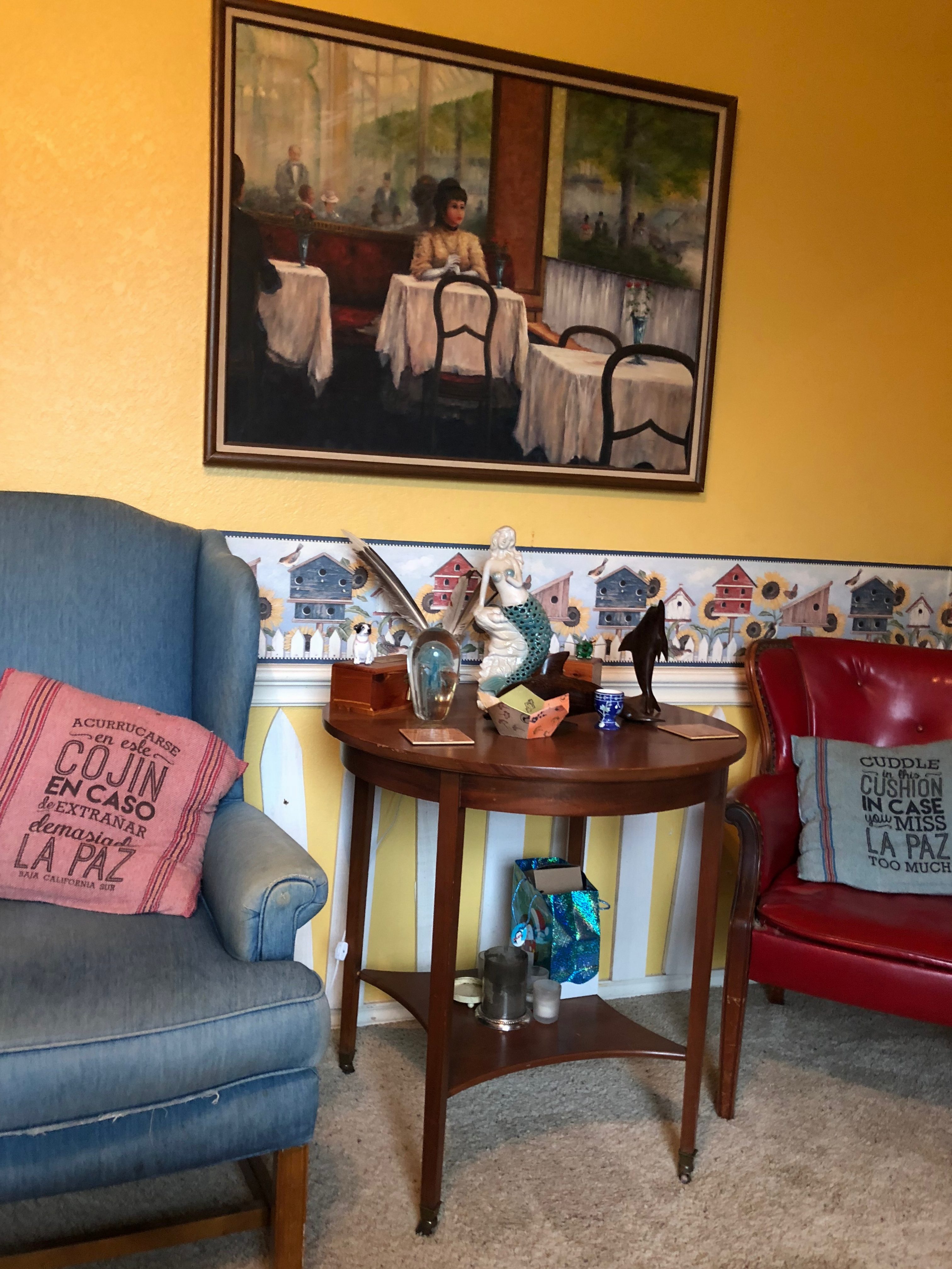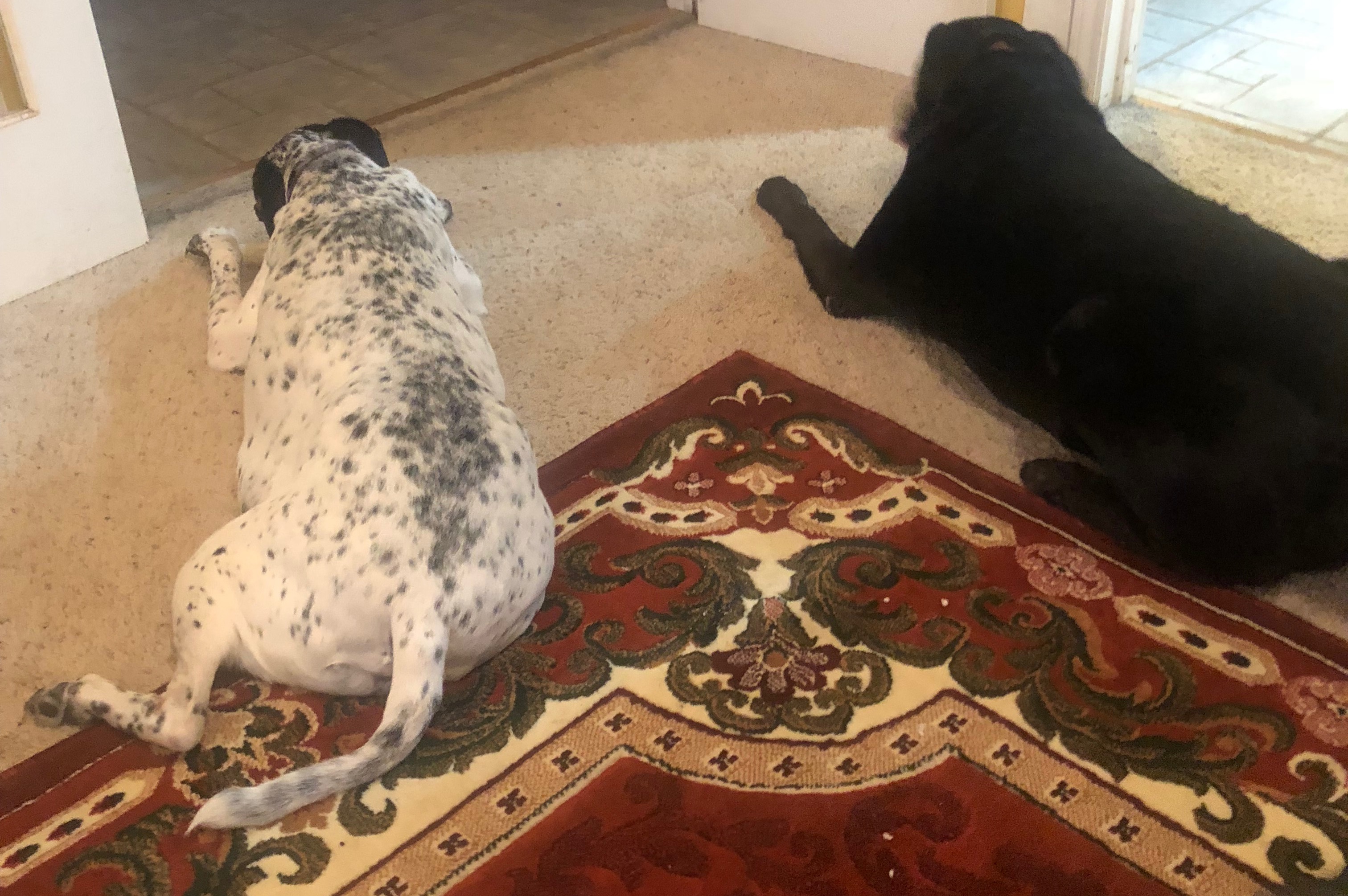
In our house we live with a certain level of spontaneity. This is partially because of my personality type. “What? Leave now to see a band 3 hours from us? Hell yes!” And partially because of my husband’s job. We joke that he is the cleaner; the guy they bring in when everything else fails. Right now we are in Germany for 5 weeks because of a project that has gone off the rails. Riding off the rails was easier to manage when the kids were little.
As they get older, roots and responsibilities stretch themselves around our lives so that we can’t put home on pause anymore. If we leave, arrangements must be made for Moxie, our fat little tootsie roll of a dog and Mr Farkus, the king of grumpy geriatric cats.
I am a Girl Scout leader. A few Girl Scout meetings must be managed so 6th graders who are already losing some interest do not lose all interest. And then there is the bit about school. It is totally frowned upon for 4th and 6th graders to go gallivanting about Germany focused on schnitzel and sledding rather than the common core standard. In fact, it is easy to justify all the reasons why the girls and I should not be here.
It is expensive, impractical, disruptive, and a bit decadent to put every day life on hold to spend a month hanging out in one of my favorite cities. On the other side of the argument, my husband is here. He has been for weeks and weeks.
Not only is it important to rescue him before he goes completely feral, it is better for us as a family to be together.
When John is gone the kids sleep in my bed. He fusses that I have no boundaries but at 10 and 12, I figure at any moment they will be be over me. So, I forgo binge watching Black Mirror for Liv and Maddie. I start off with strict orders of no cookies in bed, only to succumb to cookies in bed which means crumbs in bed. Next it’s Moxie. She looks at us with her big brown eyes, and another rule flies out the window, it is now me, the kids, and a 25lb dog with a stink and snore problem.
All that is left to fill the ark is one very old, mean cat who hates the dog, but calls a truce. Farkus would never allow the dog to one up him. To be honest, when John travels I suspect he becomes more civilized and we are the ones who go feral.

So after some finagling with school and schedules, the kids and I wrap things up and head for Munich. One would think that 10 and 12 would be a great age to travel with children. They are older, wiser and can manage their stuff. All of this is true.
They have also fine tuned their skills on how to annoy one another, and more importantly, me. Before we even make it through security they are being surly and have started flinging insults. I am extra crabby because I have discovered the billions of miles and status my husband has on American does not apply to us. We only get to check 1 bag each. So, we are each carrying our normal bag plus 3 large duffels, two of which I have been kicking through the security line for 15 minutes. What I thought had been a lot of time has somehow dwindled down to less than an hour.
The security guy is adamant that my 12 year old remove her hat and clear her hair out of her face so he can compare her passport photo to real her. She shoots daggers at him from her narrowed eyes. “Yes,” I want to say, “that cute, sweet, looking girl in that photo is the same child a year ago. Welcome to the tween years.”
We finally make it through security. Next on the agenda; food. This is not our first rodeo. With 11 hours of flying ahead of us, we are going to get hungry. In fact, we are already hungry. We had left the fridge as empty as possible before leaving home for 5 weeks and had eaten some stale crackers, cheese and a lone apple before loading into the cab.
As much as we want to like the plane meal three hours from now, it will make our snack look gourmet. My first inclination is towards the Cantina Laredo 10 steps from our gate. The girls grimace. I have been burning them out on Mexican food for the last two weeks. It is the only thing I miss when we are in Europe, well, that and my mammoth washing machine and dryer. I try to go into Cantina Laredo when the Hostess stops me. “Sorry, we are not seating anyone, our computers are down.” I blink at her stunned. “Super” I say. The kids cheer.
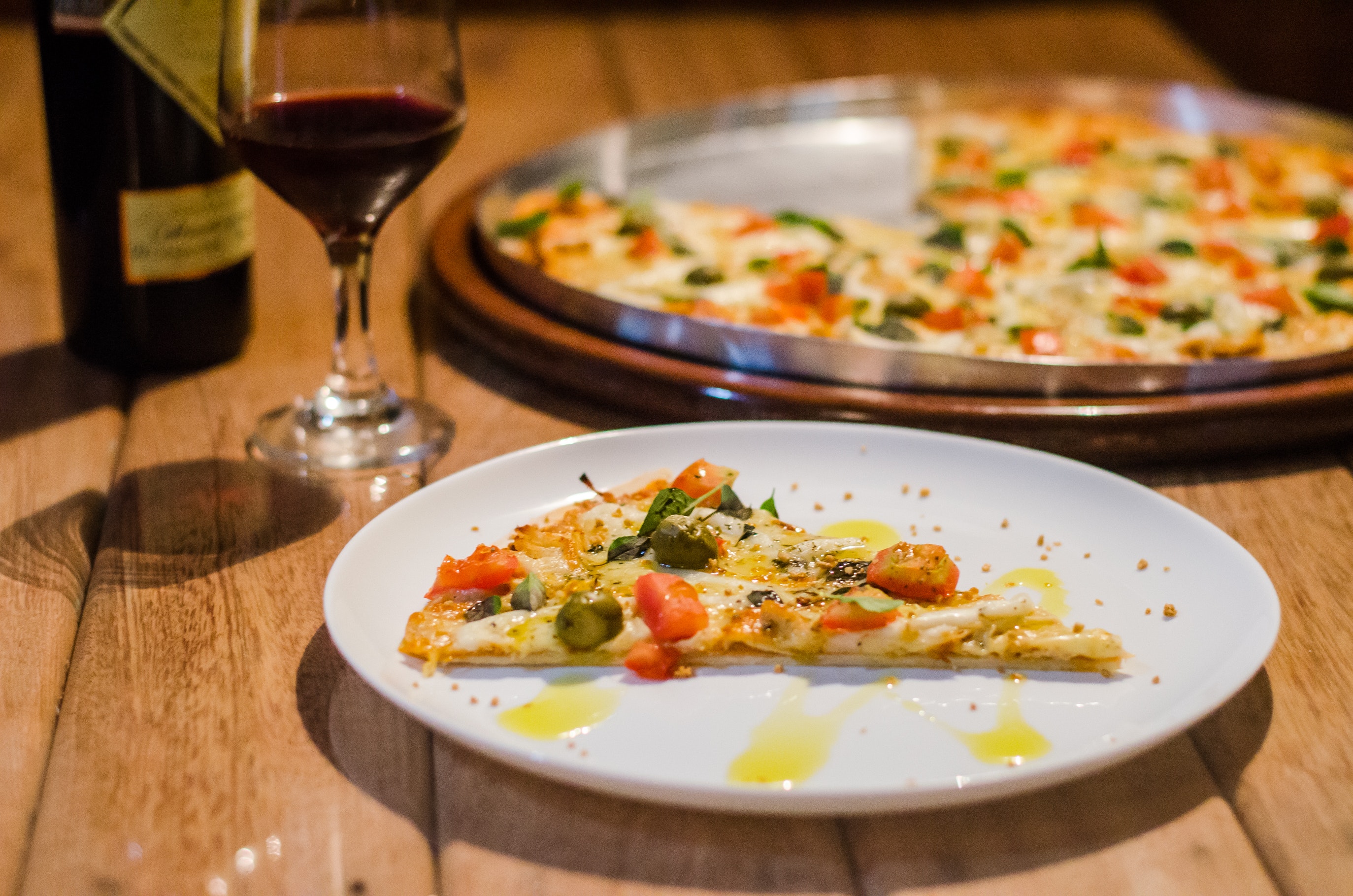
I know what this means, pizza. Parenthood has given me an appreciation for wine and a loathing for pizza. Every class party, birthday party, Friday night, Saturday afternoon, seems to involve pizza. I don’t know how my kids can burn out on Mexican food and yet never tire of pizza.
It is one of life’s great mysteries.
We eat our pizza and despite my lack of enthusiasm, it actually hits the spot. With the hangrys dealt with, we are all much more pleasant.
Boarding starts almost immediately after arriving at the gate. Whatever I have forgotten to do, we are now committed. The door closes, the safety info starts and all the over-commitments, under commitments, concerns and stresses fade away. There is something about being on a plane, the lack of control that I find comforting.
I am fully aware how weird this is. Perhaps it is because I am so naturally disorganized.
I spend the two days before travel like a chicken with my head chopped off. Running around, accomplishing nothing. So when I sit down on the plane, I have at least managed myself and the kids to this point. The passports obviously weren’t left. Apparently no one tried to board with a multi-tool. The large threatening toothpaste had to hit the trash but the crackers Lauren apparently packed herself in my best tupperware were allowed through.
Yes the flight will be cramped and uncomfortable but someone else has to drive. I can sit, read, watch movies, all while being served tea, cokes or wine if I am so inclined. Whatever happens, I am not in charge and therefor, I can relax. It is the time where I transition my brain. This trip is both escape and homecoming. It isn’t that I don’t love being at home, I do. But the chance to explore other places is so delicious.
And to explore as a family is even better.
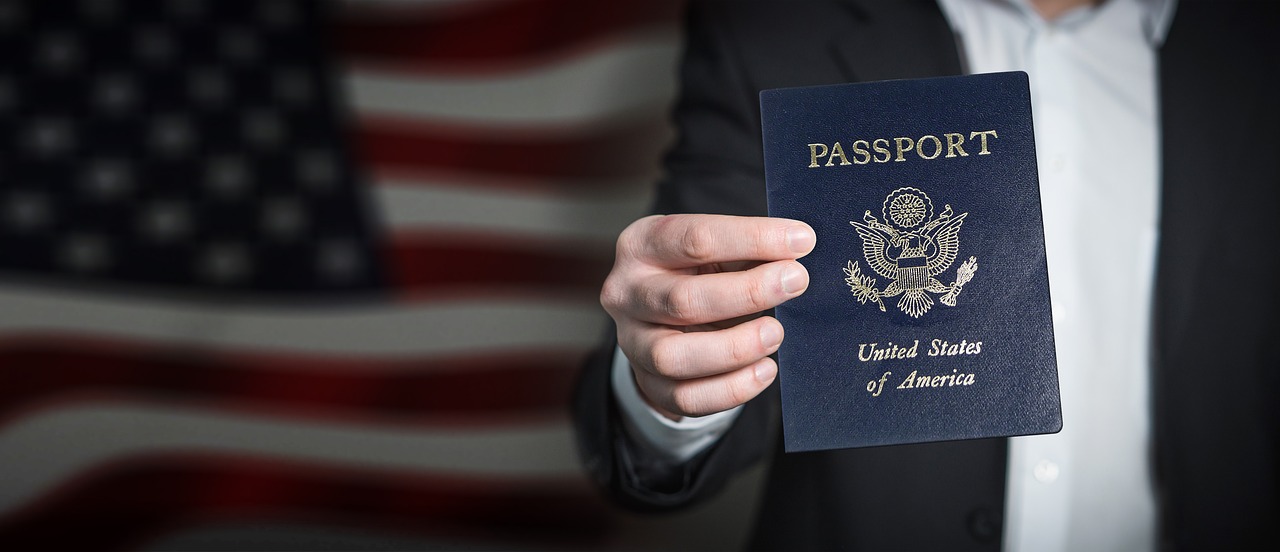
We skip from Heathrow to Munich. We snake through the lines to where the customs agent stands. “How long will you be in Munich?” “About a month.” “What brings you here?” “My husband is here working.” “Is he in the military?” “No.” He asks where he works. I give more answers. He looks at the kids, their bears. “Have a good trip.” “We will, we love Munich.”
He stamps our passports. Thunk thunk. Thunk thunk. Thunk thunk. There is the last formality of getting our luggage, which the girls manage all of. I smile, happy they are showing solid travel legs.
We round the corner and see the tall pale guy we are looking for. The one smiling at us through the sea of all the other tall pale guys. There are hugs and cheers and jumping. My kids are jumpers. We pile into the tiny European version of an SUV. Somehow all of us and all our stuff just manages to fit. We look out at the end of the day and the start of our visit.
Halloo Munchen, we are glad to be here.
About the Author: Jeanette McGurk
 Jeanette McGurk is a Graphic Designer who entered the world of writing through advertising. She discovered writing a lot of truth with a little fluff is a lot more fun than the other way round. Now that she is no longer spending time making air conditioners, tile floors, IT and Botox sound sexy, she writes about the unglamorous yet wonderful moments of life for people like herself; in other words, anyone looking for interesting ways to put off cleaning and doing laundry.
Jeanette McGurk is a Graphic Designer who entered the world of writing through advertising. She discovered writing a lot of truth with a little fluff is a lot more fun than the other way round. Now that she is no longer spending time making air conditioners, tile floors, IT and Botox sound sexy, she writes about the unglamorous yet wonderful moments of life for people like herself; in other words, anyone looking for interesting ways to put off cleaning and doing laundry.
She is a curmudgeon and doesn’t Twit or Instagram. She has heard the blog is dead but since she has finally figured out how to do it, that is the museum where you can locate her writings. http://jmcpb.blogspot.com/.
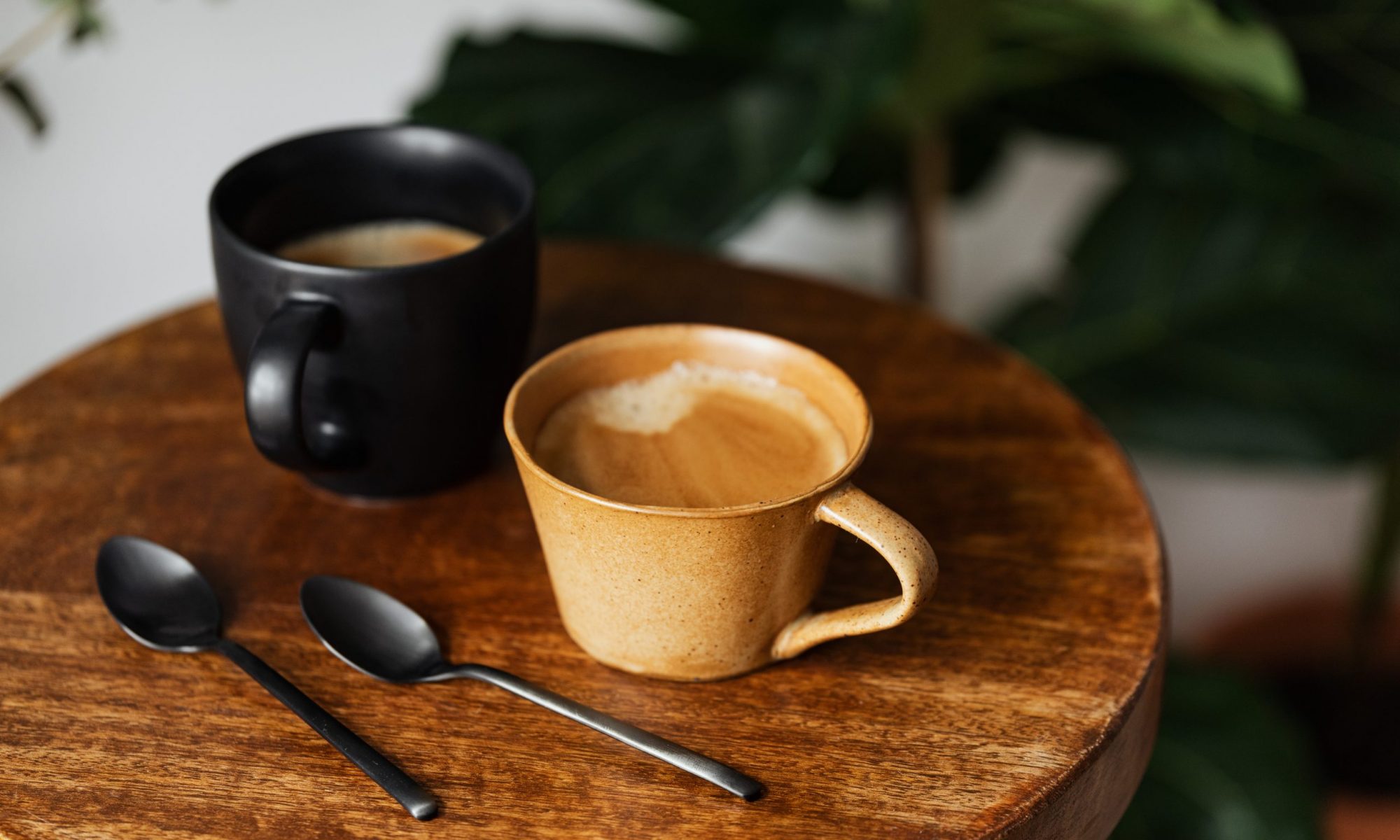
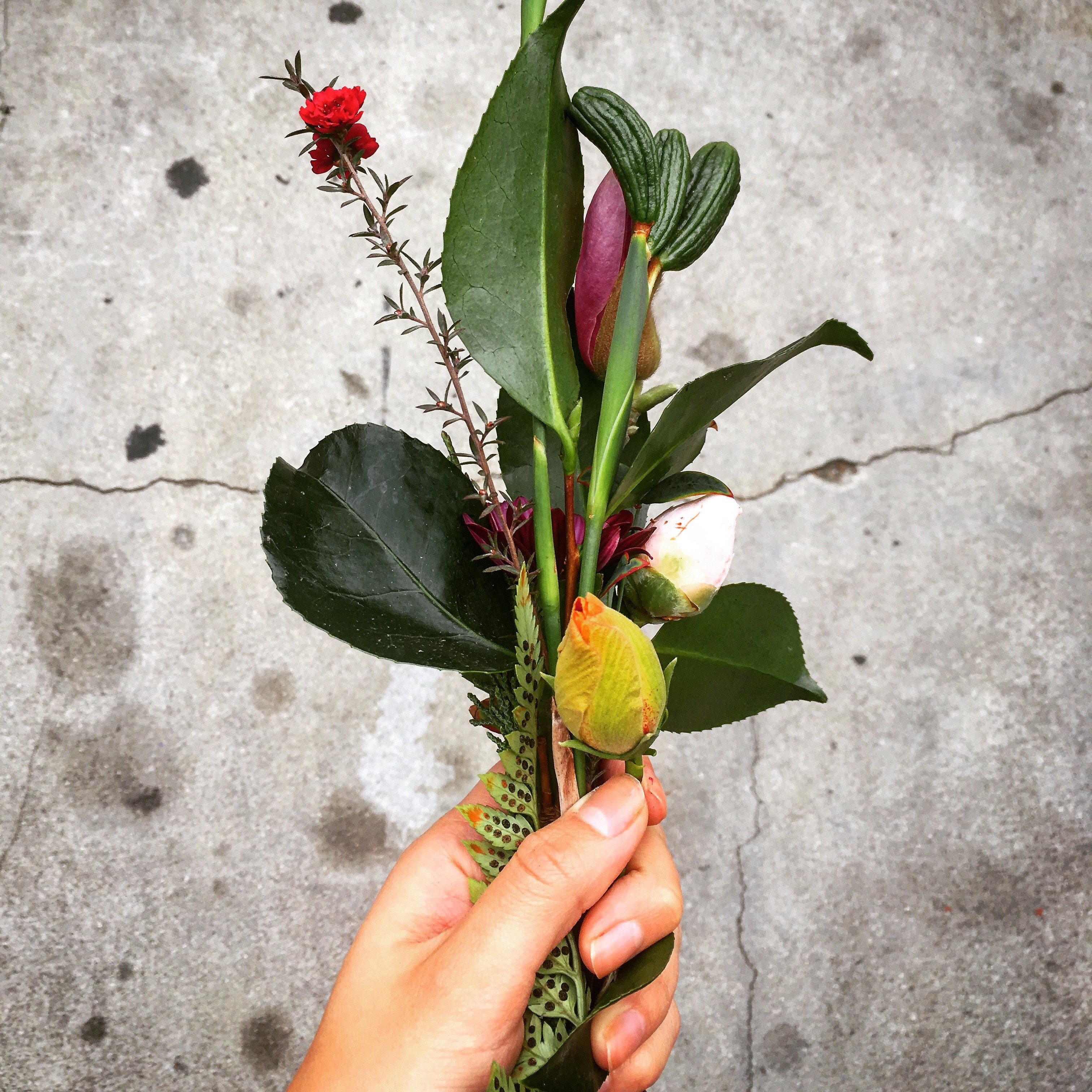
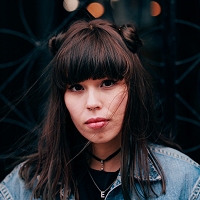
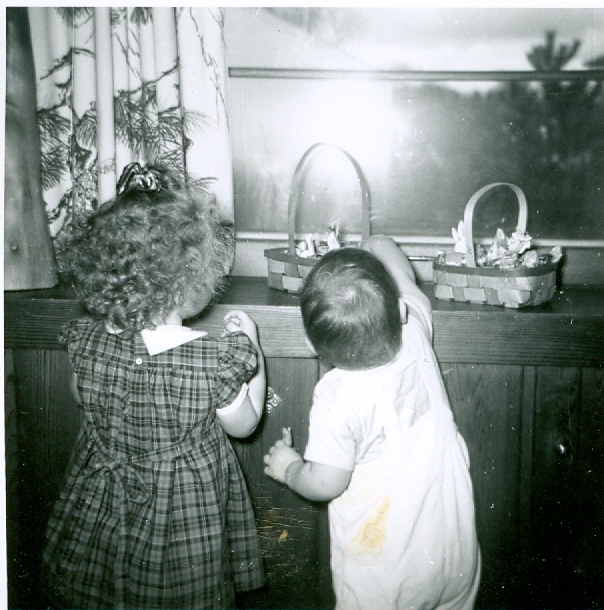
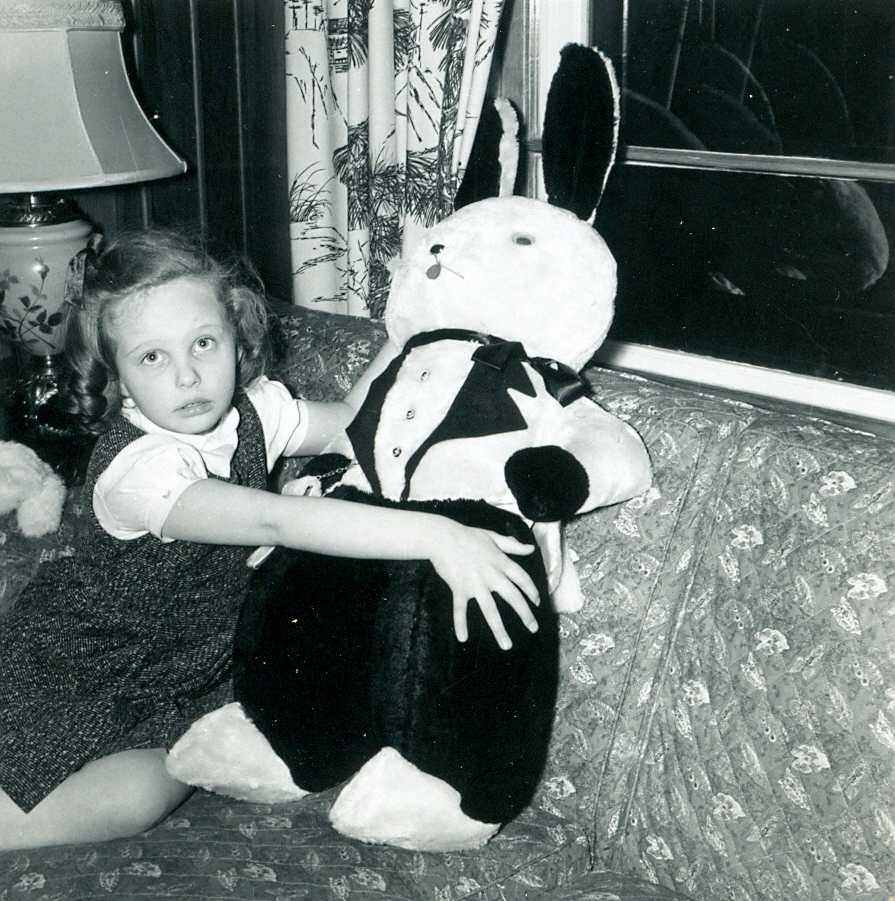
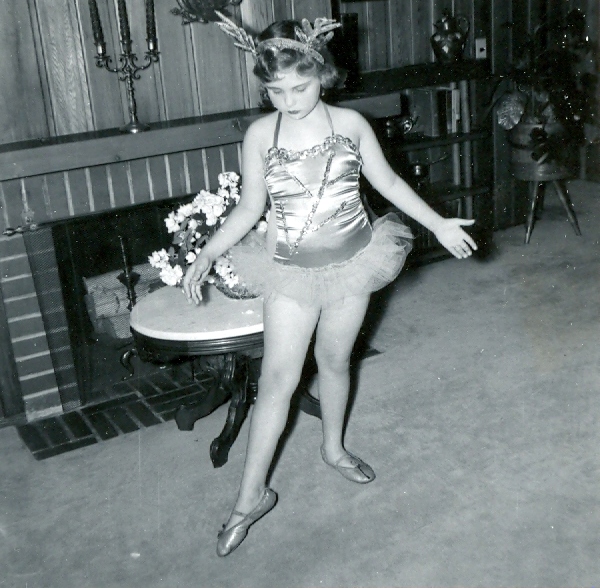
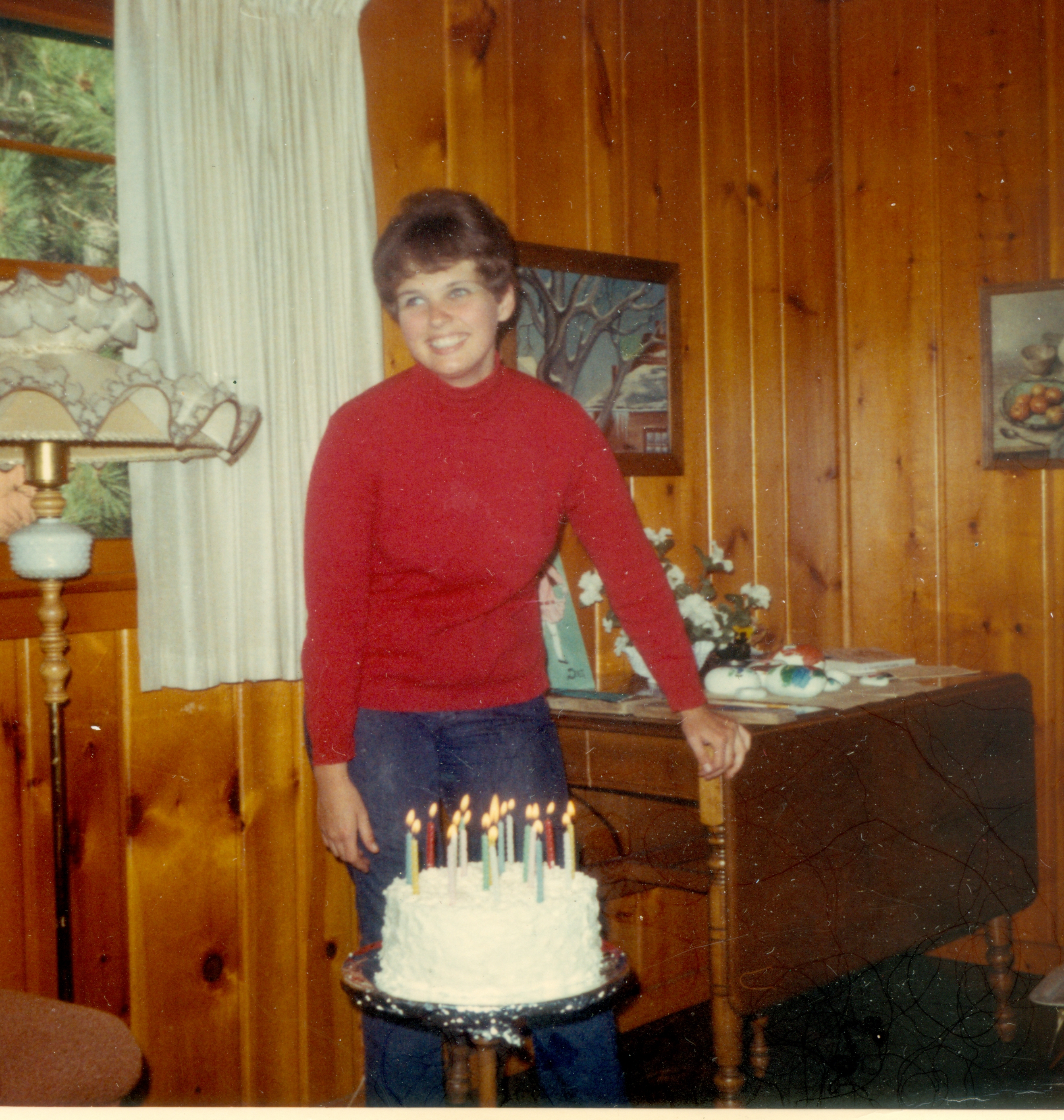 certain talents, some well recognized, the others less obvious but still good. That self I knew had far more kindness to others than to herself. That self could listen to others for hours, could be there when needed but didn’t know how to be there for herself or listen to the positive parts of her inner voice instead of the negative ones.
certain talents, some well recognized, the others less obvious but still good. That self I knew had far more kindness to others than to herself. That self could listen to others for hours, could be there when needed but didn’t know how to be there for herself or listen to the positive parts of her inner voice instead of the negative ones.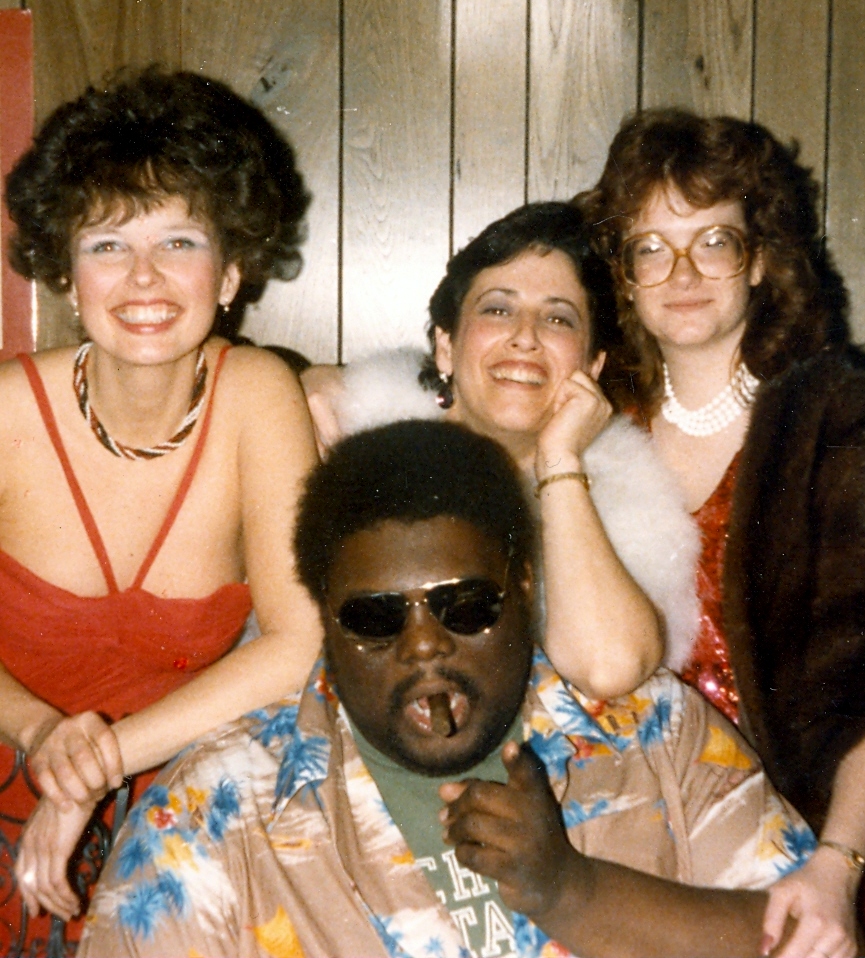
 But I still smile. I smile big, I smile happy and I smile because I’m alive in this world and there’s less time that there was a few decades before. There’s less time for all of us, really, because in truth, we never know when our last moment will be. And wouldn’t it be a shame to have it come and realize all those we wasted thinking we weren’t pretty or smart or talented enough when maybe, just maybe, we were?
But I still smile. I smile big, I smile happy and I smile because I’m alive in this world and there’s less time that there was a few decades before. There’s less time for all of us, really, because in truth, we never know when our last moment will be. And wouldn’t it be a shame to have it come and realize all those we wasted thinking we weren’t pretty or smart or talented enough when maybe, just maybe, we were? After a long career in public broadcasting, Jeanie Croope is now doing all the things she loves — art, photography, writing, cooking, reading wonderful books and discovering a multitude of new creative passions. You can find her blogging about life and all the things she loves at
After a long career in public broadcasting, Jeanie Croope is now doing all the things she loves — art, photography, writing, cooking, reading wonderful books and discovering a multitude of new creative passions. You can find her blogging about life and all the things she loves at 
 Patricia Wellingham-Jones is a widely published former psychology researcher and writer/editor. She has a special interest in healing writing, with poems recently in The Widow’s Handbook (Kent State University Press). Chapbooks include Don’t Turn Away: poems about breast cancer, End-Cycle: poems about caregiving, Apple Blossoms at Eye Level, Voices on the Land and Hormone Stew.
Patricia Wellingham-Jones is a widely published former psychology researcher and writer/editor. She has a special interest in healing writing, with poems recently in The Widow’s Handbook (Kent State University Press). Chapbooks include Don’t Turn Away: poems about breast cancer, End-Cycle: poems about caregiving, Apple Blossoms at Eye Level, Voices on the Land and Hormone Stew.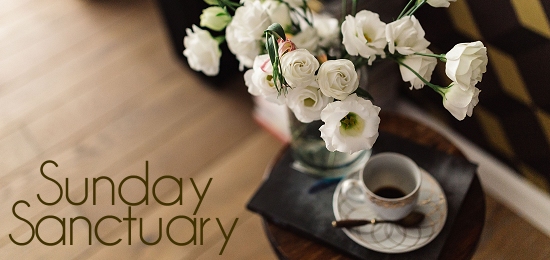
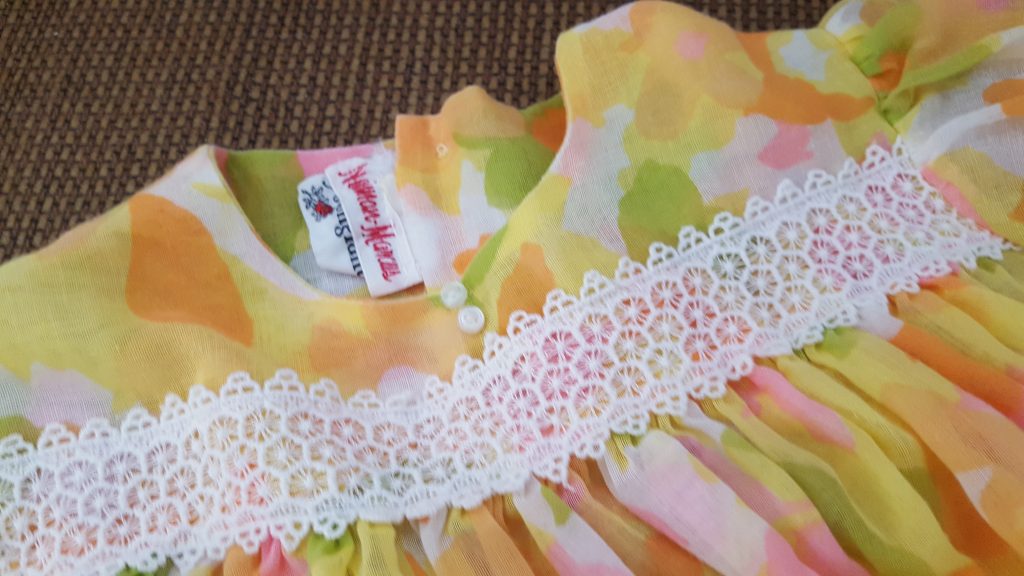
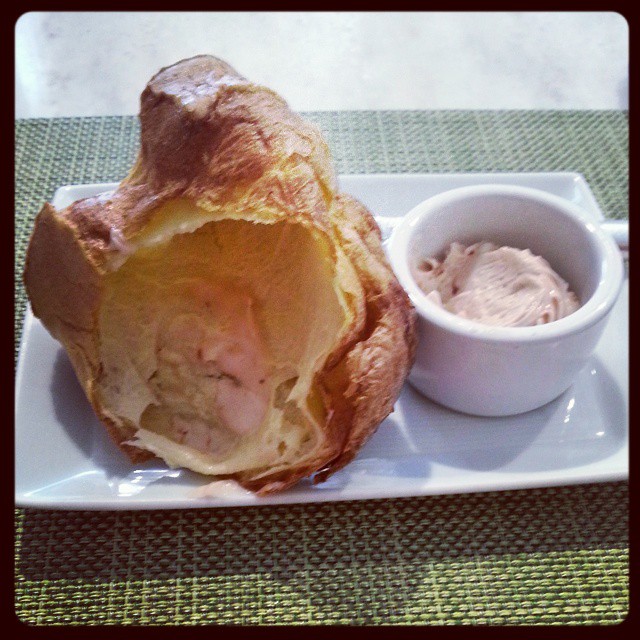
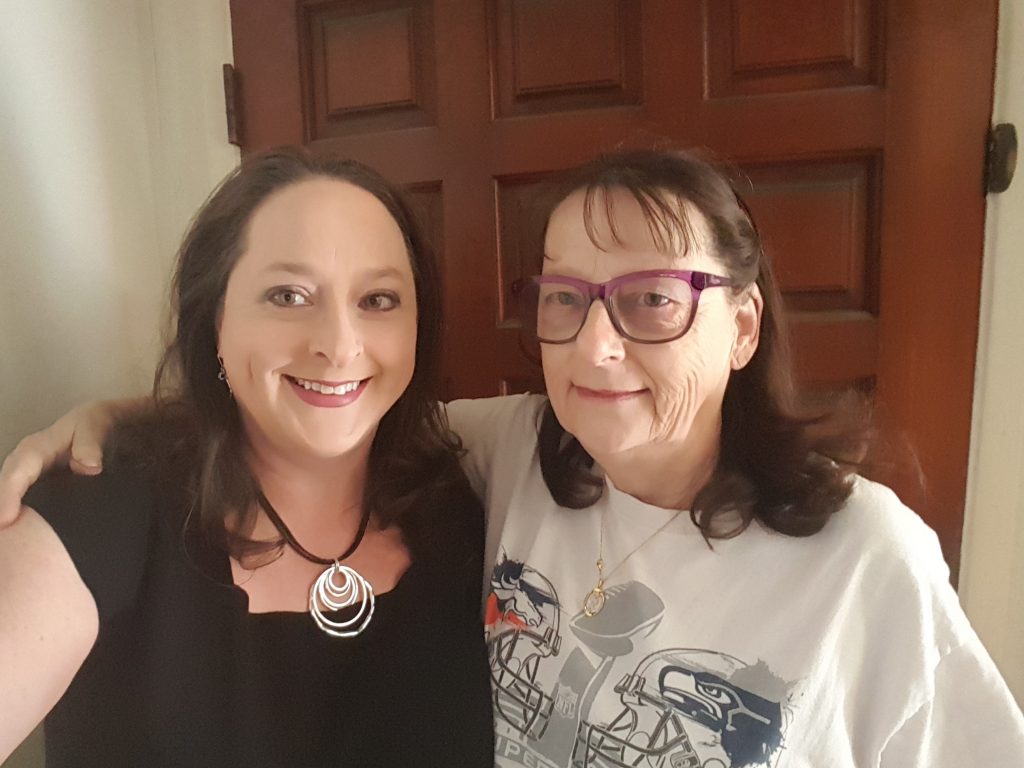
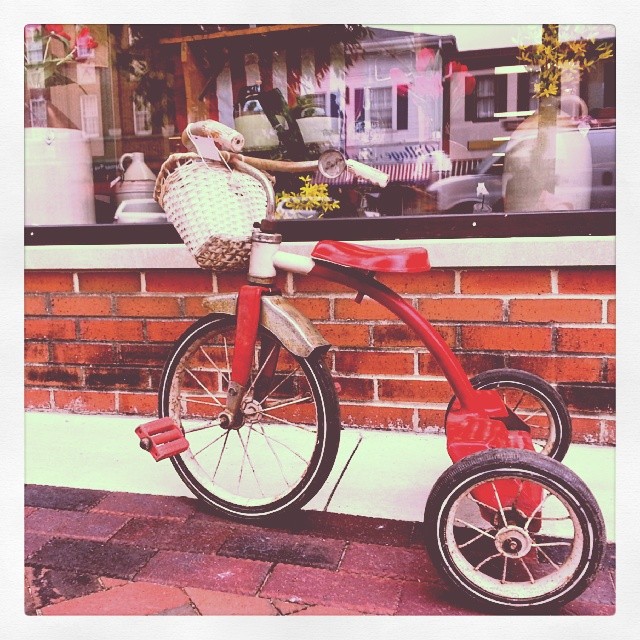
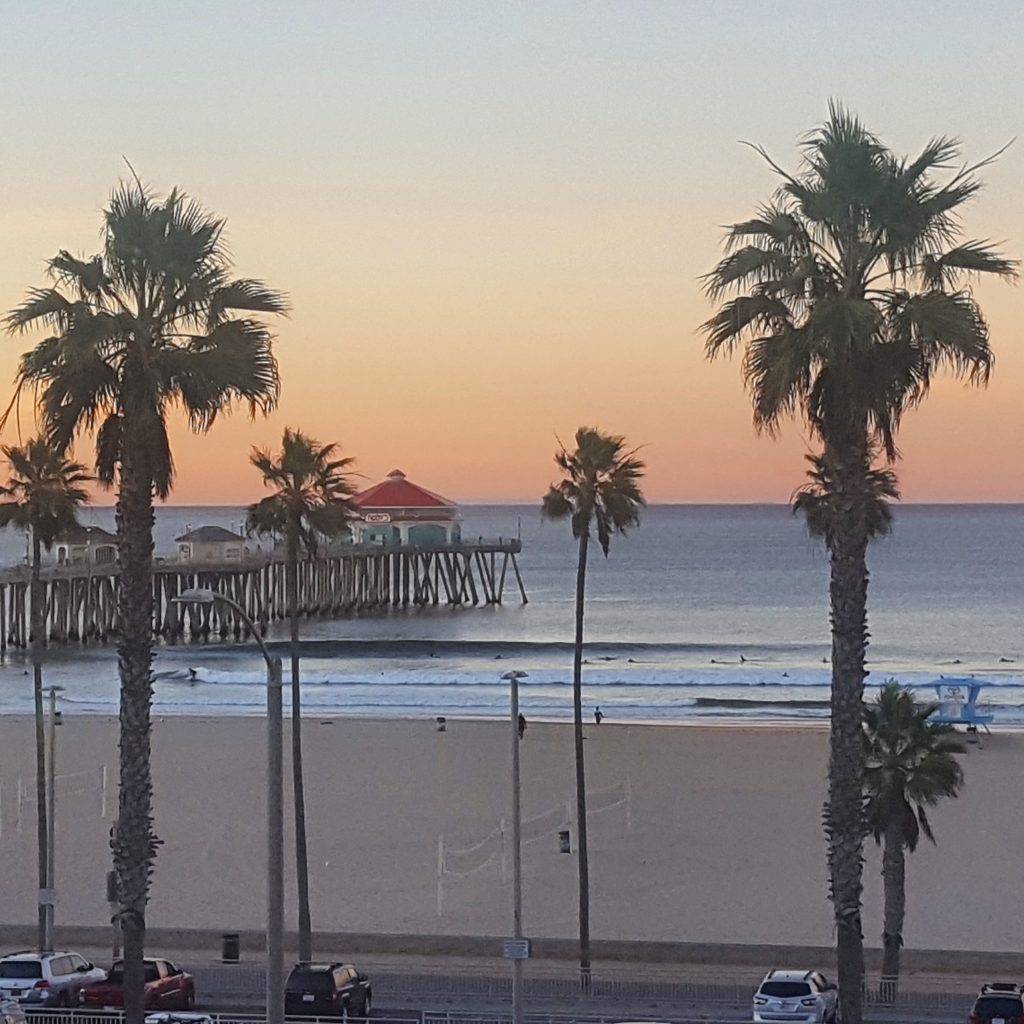

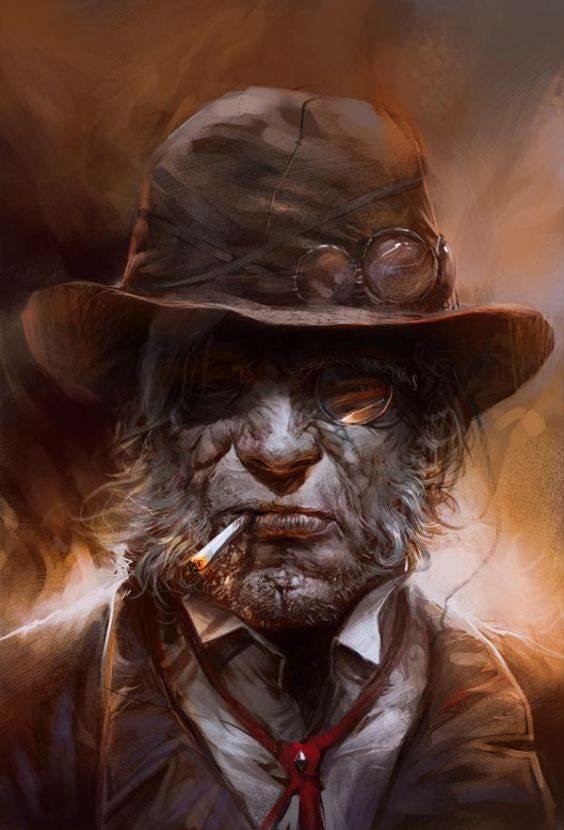 He’s waiting there, at the edge of the parking lot, in the spaces where flitters and aircars are parked nose-to-nose with family-sized SUV’s, the end of a cigarette between his teeth. His skin is weathered, his hat is likely as old as he his, but his eyes, faded blue – like old denim – are gentle. It shows his age, but he’s got a bolo-tie strung round the collar of his shirt.
He’s waiting there, at the edge of the parking lot, in the spaces where flitters and aircars are parked nose-to-nose with family-sized SUV’s, the end of a cigarette between his teeth. His skin is weathered, his hat is likely as old as he his, but his eyes, faded blue – like old denim – are gentle. It shows his age, but he’s got a bolo-tie strung round the collar of his shirt.
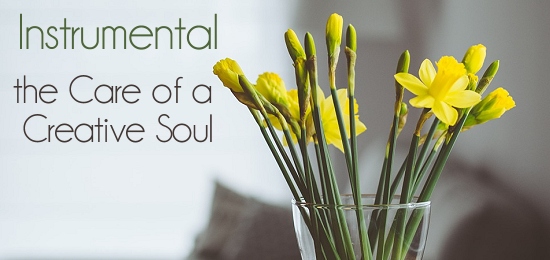
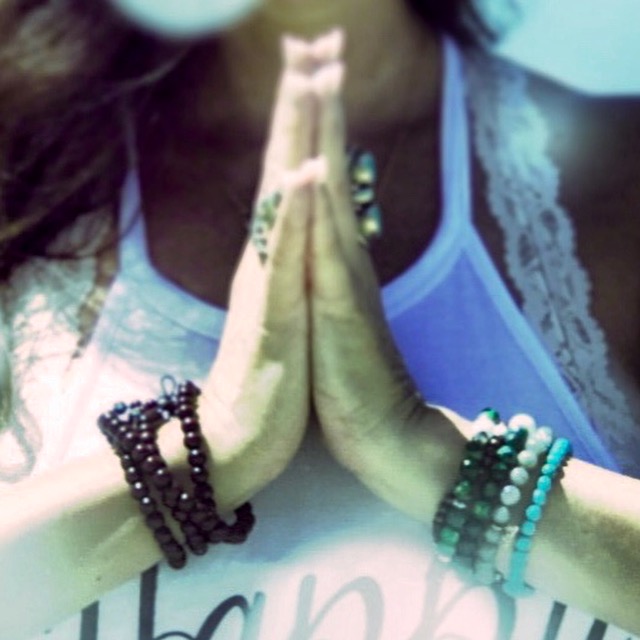
 Kolleen Harrison is a creative living in the beautiful Central Coast of California. She is the Founder of LOVEwild and Founder/Maker of Mahabba Beads. Her passions lie in nurturing her relationship with God, loving on her happily dysfunctional family, flinging paint in her studio, dancing barefoot, making jewelry (that is so much more than “just jewelry”), and spreading love and kindness wherever and whenever she can. You can find her popping in and out at
Kolleen Harrison is a creative living in the beautiful Central Coast of California. She is the Founder of LOVEwild and Founder/Maker of Mahabba Beads. Her passions lie in nurturing her relationship with God, loving on her happily dysfunctional family, flinging paint in her studio, dancing barefoot, making jewelry (that is so much more than “just jewelry”), and spreading love and kindness wherever and whenever she can. You can find her popping in and out at 
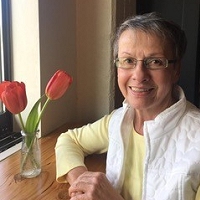 Pat Phillips West lives in Olympia, WA. A Pushcart and Best of the Net nominee, her work has appeared in Haunted Waters Press, Persimmon Tree, VoiceCatcher, San Pedro River Review, Slipstream, Gold Man Review and elsewhere.
Pat Phillips West lives in Olympia, WA. A Pushcart and Best of the Net nominee, her work has appeared in Haunted Waters Press, Persimmon Tree, VoiceCatcher, San Pedro River Review, Slipstream, Gold Man Review and elsewhere.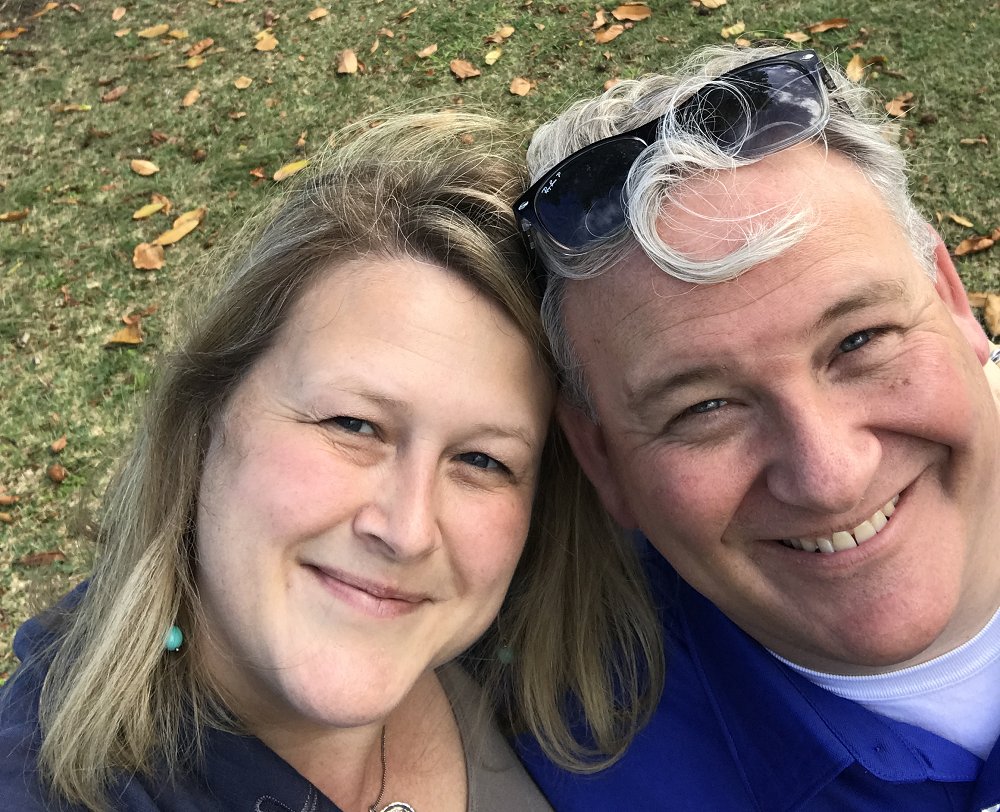
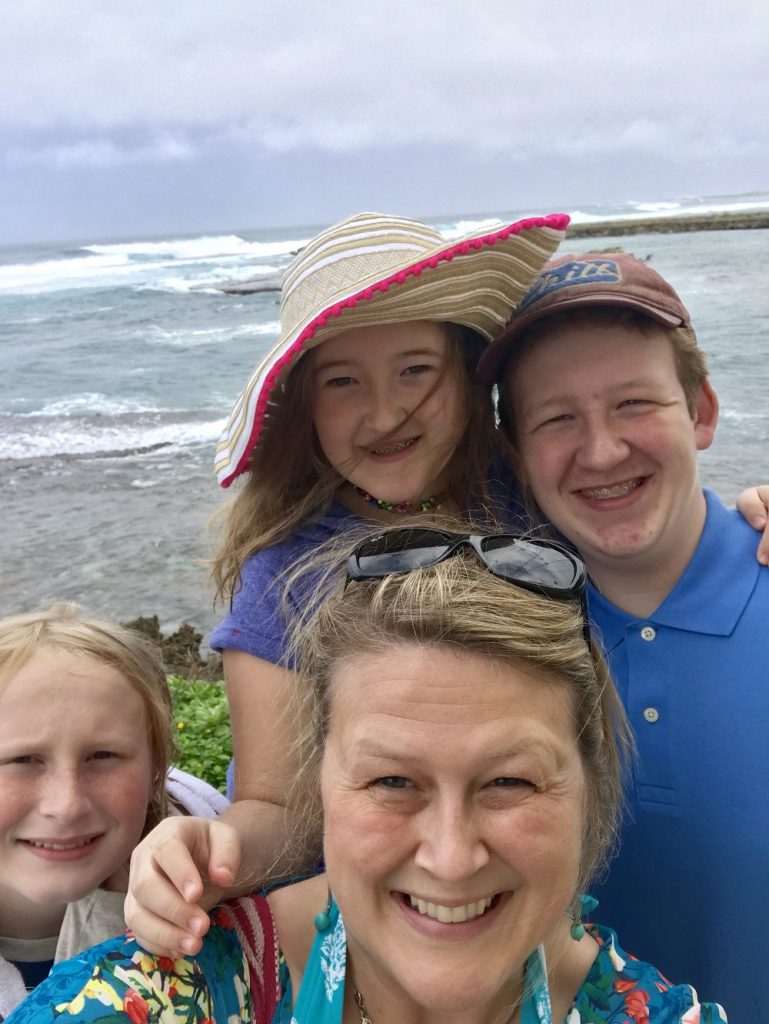 due as much to fate as it is to circumstance. We all have some roots or a connection to Michigan, but we’ve never lived near each other. At least one of us has lived out west through the years.
due as much to fate as it is to circumstance. We all have some roots or a connection to Michigan, but we’ve never lived near each other. At least one of us has lived out west through the years.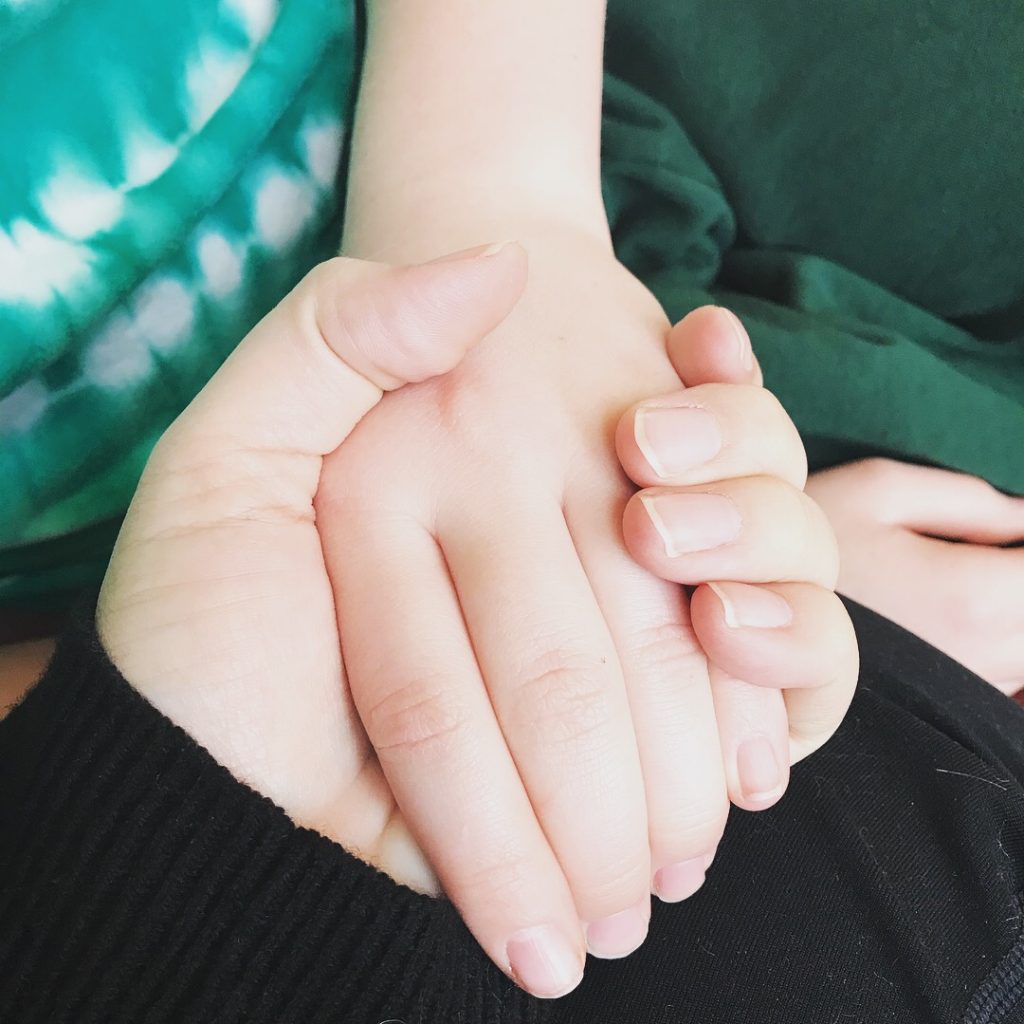
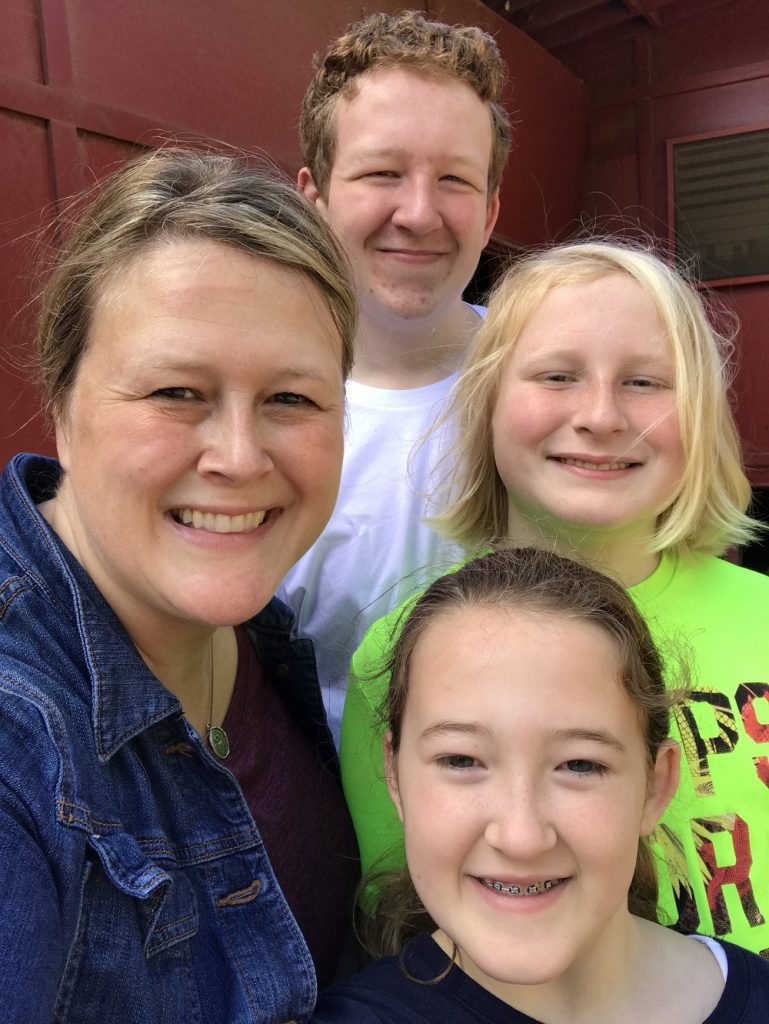 play with and to dress him in gender-neutral colors. I also swore I would never feed my kid a hot dog, one of the many promises I made about motherhood before I had children. Once he was born, I noticed that he treated Thomas the Tank Engine and the rest of his trains like I had treated my dolls as a little girl, with deep affection and adoration. He couldn’t have cared less what colors he wore. He was born with all the qualities I was determined to instill and nurture.
play with and to dress him in gender-neutral colors. I also swore I would never feed my kid a hot dog, one of the many promises I made about motherhood before I had children. Once he was born, I noticed that he treated Thomas the Tank Engine and the rest of his trains like I had treated my dolls as a little girl, with deep affection and adoration. He couldn’t have cared less what colors he wore. He was born with all the qualities I was determined to instill and nurture.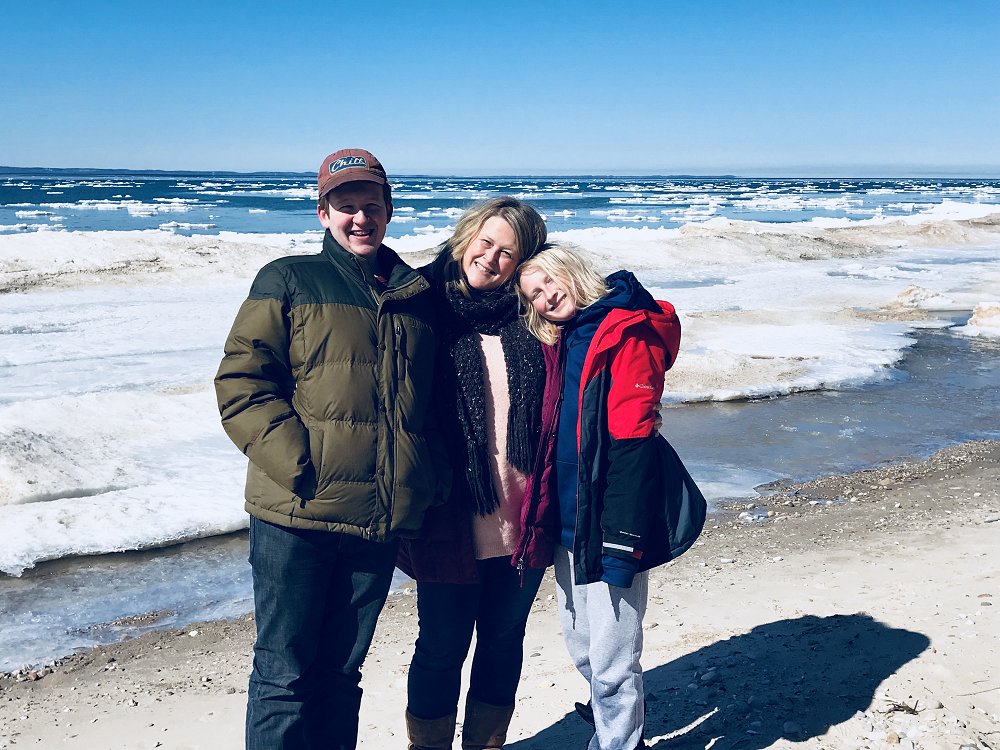
 Anna Oginsky is the founder of Heart Connected, LLC, a small Michigan-based workshop and retreat business that creates opportunities for guests to tune in to their hearts and connect with the truth, wisdom, and power held there. Her work is inspired by connections made between spirituality, creativity, and community. Anna’s first book, My New Friend, Grief, came as a result of years of learning to tune in to her own heart after the sudden loss of her father. In addition to writing, Anna uses healing tools like yoga, meditation, and making art in her offerings and in her own personal practice. She lives in Brighton, Michigan with her husband, their three children, and Johnny, the big yellow dog. Connect with her on her
Anna Oginsky is the founder of Heart Connected, LLC, a small Michigan-based workshop and retreat business that creates opportunities for guests to tune in to their hearts and connect with the truth, wisdom, and power held there. Her work is inspired by connections made between spirituality, creativity, and community. Anna’s first book, My New Friend, Grief, came as a result of years of learning to tune in to her own heart after the sudden loss of her father. In addition to writing, Anna uses healing tools like yoga, meditation, and making art in her offerings and in her own personal practice. She lives in Brighton, Michigan with her husband, their three children, and Johnny, the big yellow dog. Connect with her on her 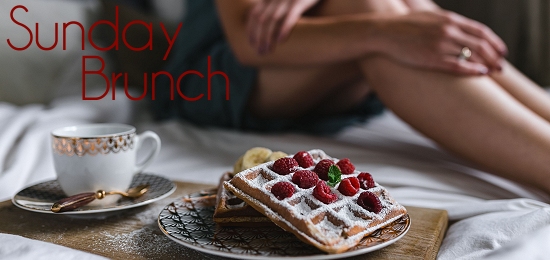
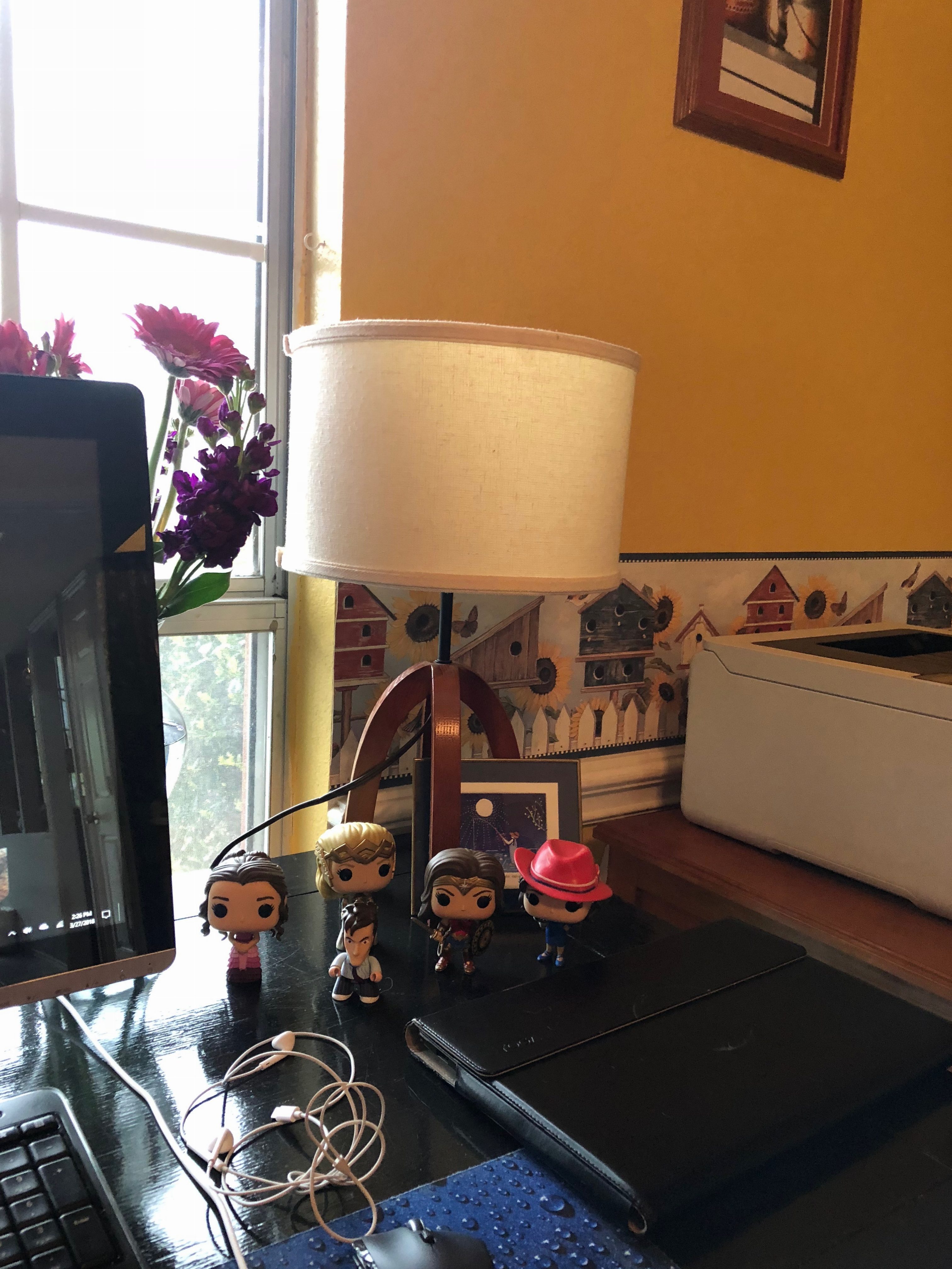 I’ve long been the kind of person who likes to switch things around from time to time. Changing the position of a chair, or a table, or a couch can change the energy of an entire room. For years, every time my husband went away on a work trip, he would beg me not to move furniture while he was gone. Partly, he didn’t want me to hurt myself, but partly, he didn’t want to come home to a house that had a different layout from when he left.
I’ve long been the kind of person who likes to switch things around from time to time. Changing the position of a chair, or a table, or a couch can change the energy of an entire room. For years, every time my husband went away on a work trip, he would beg me not to move furniture while he was gone. Partly, he didn’t want me to hurt myself, but partly, he didn’t want to come home to a house that had a different layout from when he left.